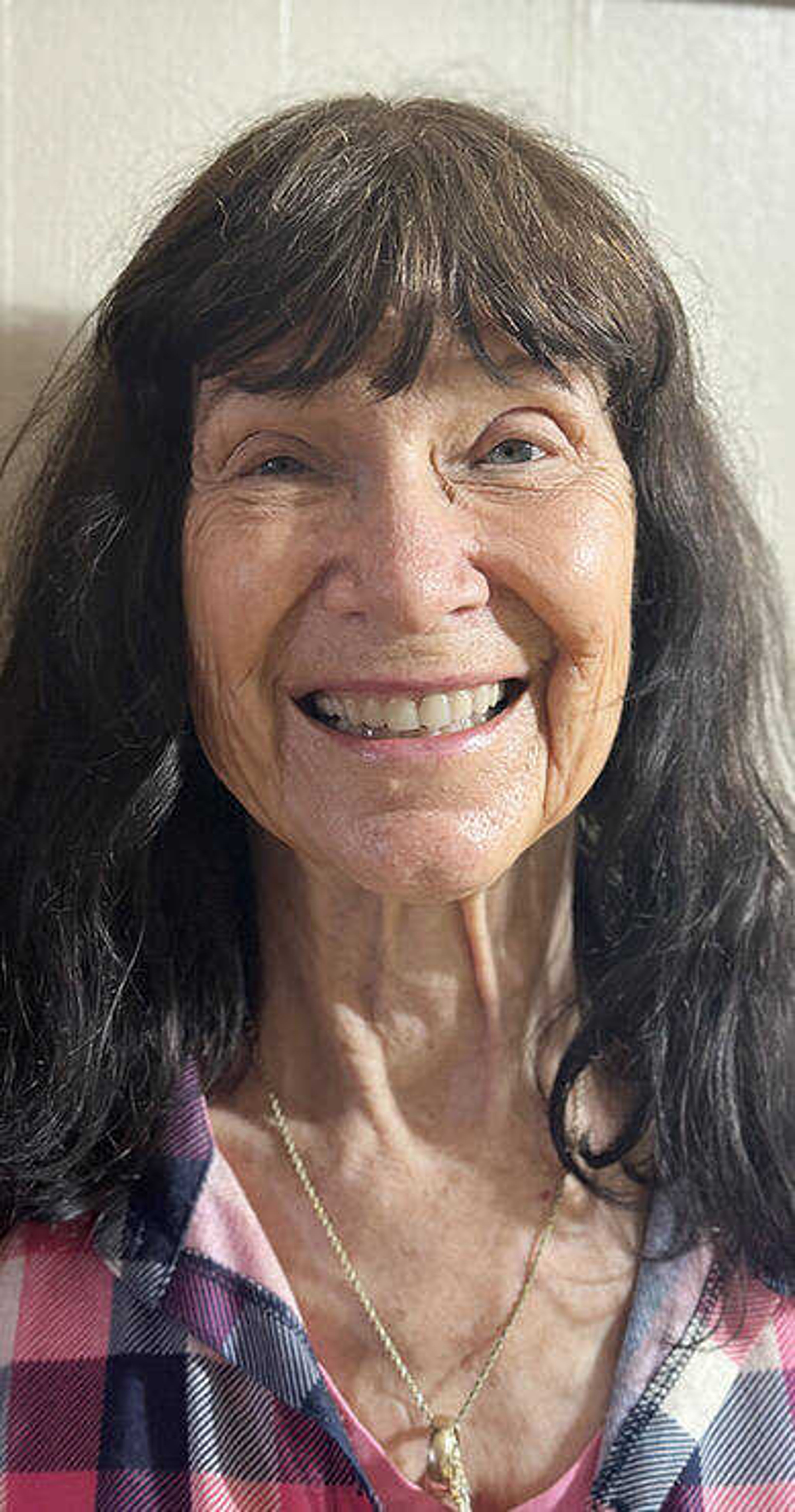What is God looking for when He looks at us?
As I listened to a Christian minister's homily recently, the reverend made a statement that struck a chord inside me. "God doesn't look at our face." As I sat listening, his words seemed like a contradiction to me, and I was puzzled for a moment or two, while my thoughts took on a world all their own. ...
As I listened to a Christian minister's homily recently, the reverend made a statement that struck a chord inside me. "God doesn't look at our face." As I sat listening, his words seemed like a contradiction to me, and I was puzzled for a moment or two, while my thoughts took on a world all their own. I recalled Psalm 139," For you formed my inward parts; you knitted me together in my mother's womb. I praise; you, for I am fearfully and wonderfully made" (David, Bible Scripture). Although the declaration seemed conflicting to me, at first, my mind made its way around the puzzle later on during the Sunday message.
The main point of the talk was that we should not be like the Pharisees, the great pretenders, and it's possible to be like a Pharisee both spiritually and socially. Some of the ways we can become a Pharisee, in a spiritual sense, is to attend church for show, advertise our giving to others, for honor, and pray outwardly and eloquently.
We are to pray in secret rather than before others in order to receive admiration and applause. Matthew speaks about this form of hypococracy when he writes. "And when you pray, do not heap up empty phrases as the Gentiles do because they think they will be heard for their many, words" and "When you pray go into your room and shut the door" (Matthew 6: 5-6). The lesson is that we are to do our good deeds without any motive for praise, because God is looking at us through different lenses.
Many forms of social Parasitical behavior is caused by our insecurities that prompt us to base our importance on what we own, how much money we can accumulate, and the desire to base our value and confidence on power and social standing. If we are Christian, we realize that we do not have to pretend to be something that we are not, to please God. The focus of the sermon was not only directed toward, how we look, but on God's attitude toward our attributes or flaws. God does not look at our face to decide if we are fit for his Kingdom, nor does he look at how many material possessions we own, the class that we choose, or must claim, or the amount of education we have. According to Christian scripture, God loves us regardless, and the Master could care less about our outward appearance, or any of the other gauges measuring importance that we use to measure people in the world. Rather, "when he calls us by name, it means that for God none of us is a number, but instead we are a face and a heart" (Pope Francis).
So often we refuse to forgive someone for something that he or she has done in the past. We may reject him within themselves, and pretend to care for him to his face. We look for faults in another and assume the roles of prosecutor, judge and jury without really knowing or wanting to understand why he does what he does. Can any of us assert that we're as pure as a lily white rose, and form our opinion of someone from how he appears on the outside? I believe that God desires that we look within the person and see some good that's always hidden somewhere inside the individual.
My dad was a friendly, unassuming man, whom I never heard talk badly about anyone. He had a severe stroke at age 50 and never recovered, but he was always pleasant. I used to feel saddened when I saw particular members of the family ignore him. At family gatherings, they gathered in the kitchen, laughing and talking, while preparing a big dinner. Dad was left in the living room by himself. It isn't always interesting to talk with someone whose ability to communicate is limited but their desire for companionship is there. We ought to look inside each person and try to understand what's within his heart -- that Temple of God -- remembering; "we are loved the way we are -- without any makeup" (Pope Francis).
Connect with the Southeast Missourian Newsroom:
For corrections to this story or other insights for the editor, click here. To submit a letter to the editor, click here. To learn about the Southeast Missourian’s AI Policy, click here.










